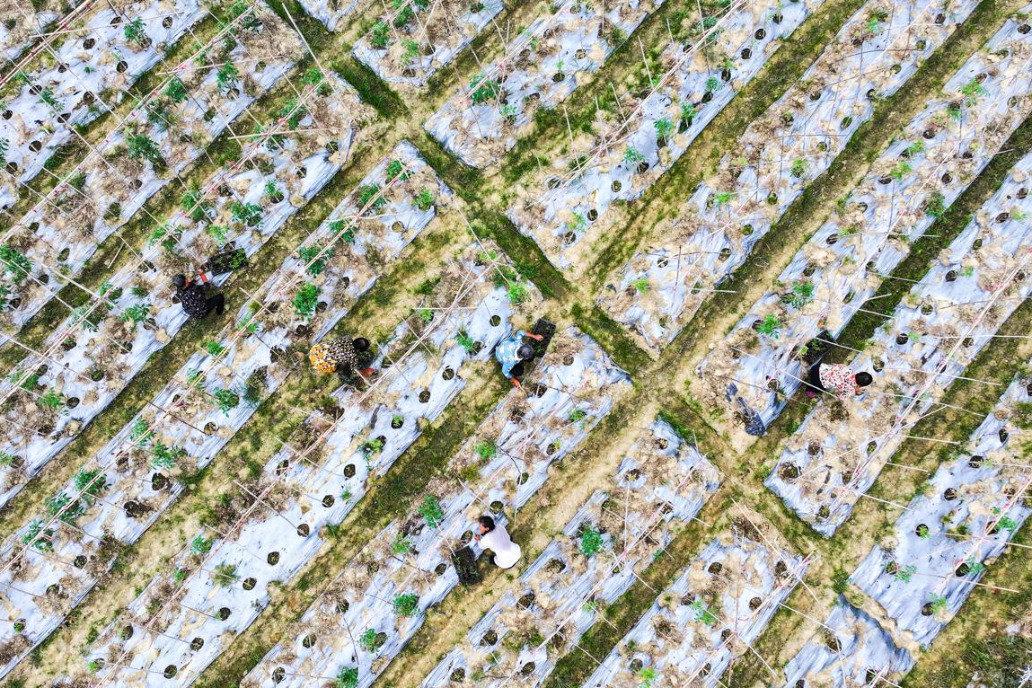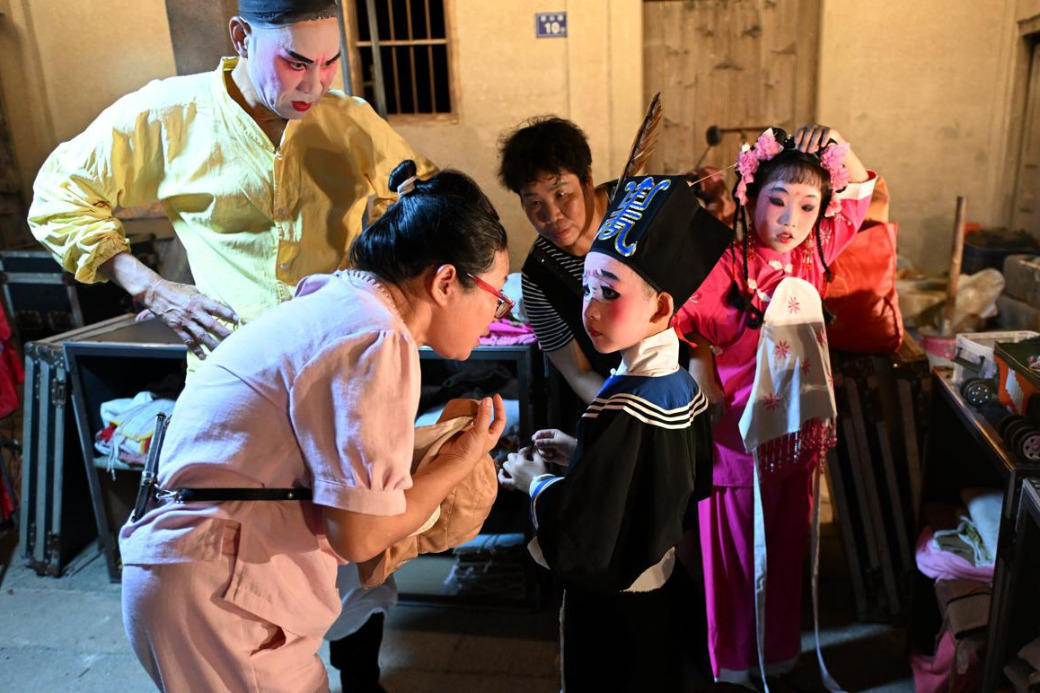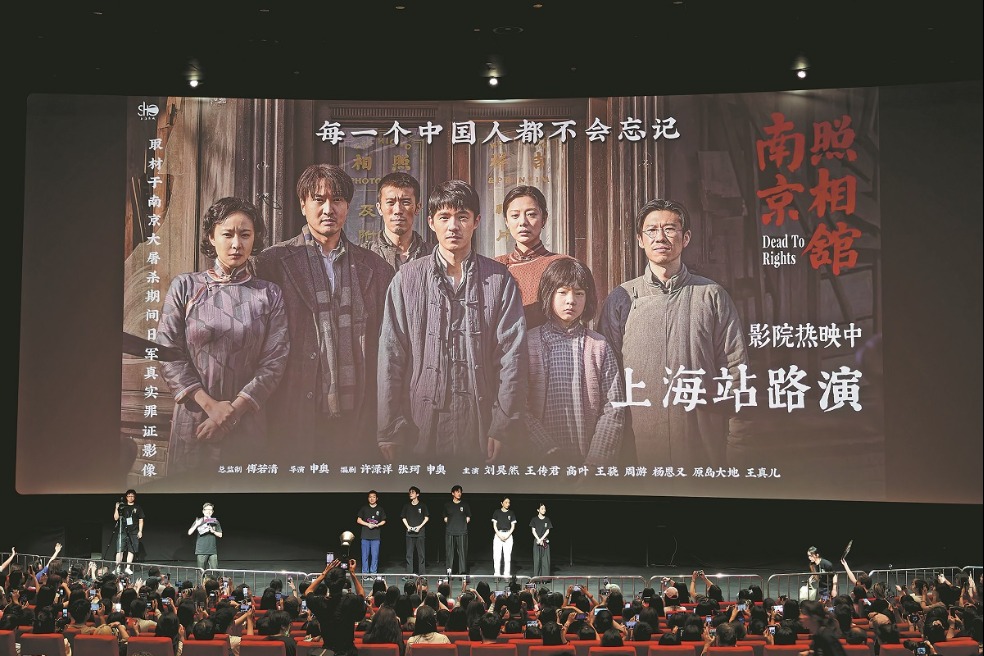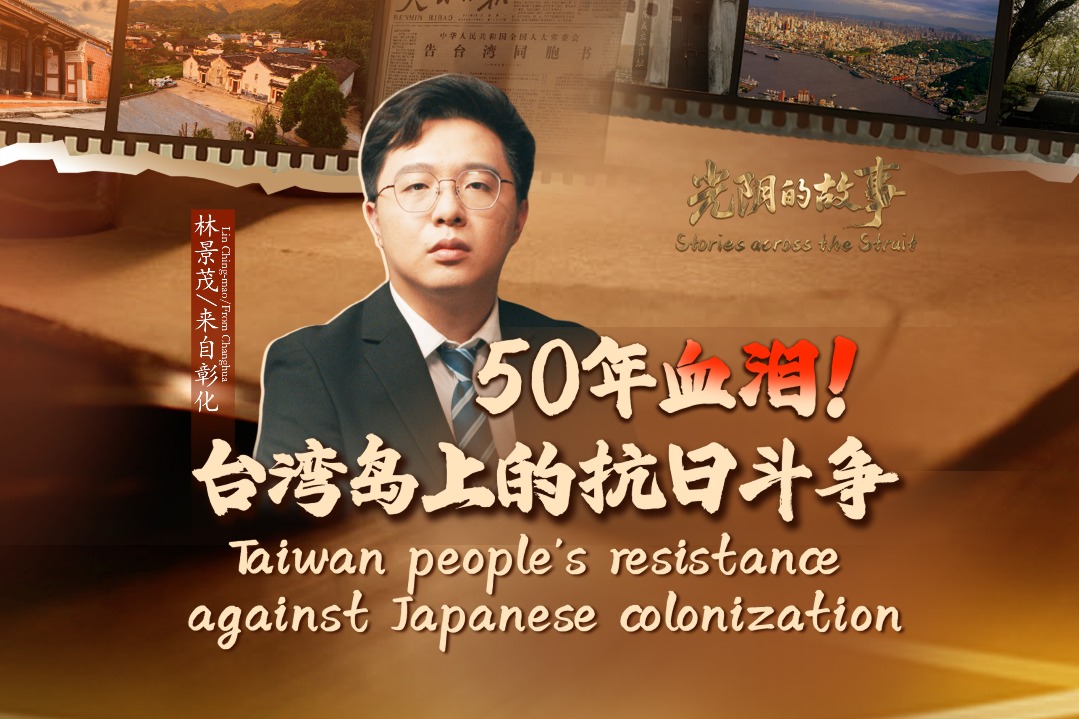Wuxi steps up biomedical excellence

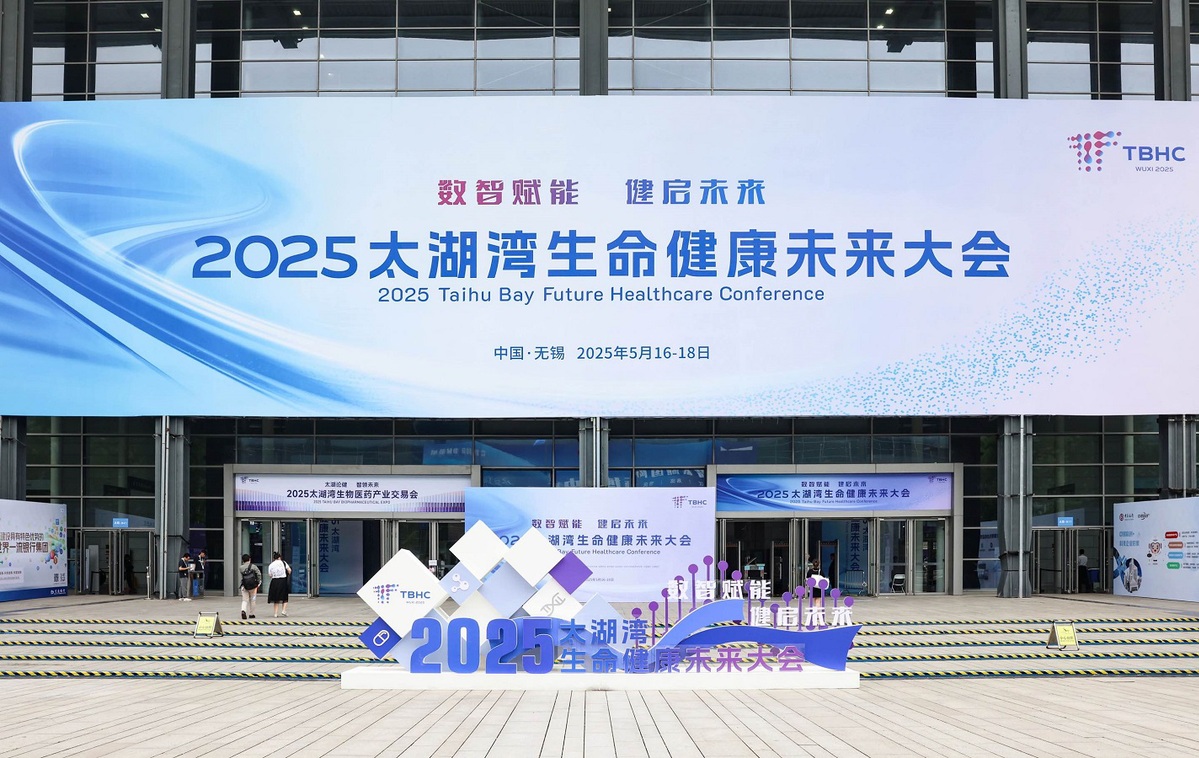
In the thriving biomedical hub of Wuxi in East China's Jiangsu province, the 2025 Taihu Bay Future Healthcare Conference commenced on May 16.
The opening ceremony saw the inauguration of three sci-tech innovation centers, which will focus on pioneering developments in new protein biomanufacturing, cardiovascular disease research, and the quality inspection and testing of special cosmetics, respectively.
The Ruijin Yangtze River Delta Metabolic Management Industrial Park jointly built by Ruijin Yangtze River Delta Health Research Institute, Wuxi National Hi-tech District, and AstraZeneca was launched at the event. The innovative tripartite collaboration model integrates the resources of all parties to optimize solutions for the prevention and management of metabolic diseases in an effort to help upgrade the local biomedical industry.
The conference also witnessed the establishment of the Yangtze River Delta AI Biomedical Industry Alliance. This alliance, jointly initiated by AstraZeneca, Peking University's Yangtze River Delta Institute of Future Technology for Life and Health and other leading institutions, aims to integrate artificial intelligence with biomedicine. By fostering synergy across clinical, academic, and commercial sectors, the alliance seeks to become a nationally influential platform contributing to the smart development of China's biomedical industry.
Alex Lin, general manager of AstraZeneca China, highlighted Wuxi as the starting point for AstraZeneca's investment in China during his speech at the opening ceremony. He said, "In the future, we will continue to deepen our presence in China, foster international cooperation, collaborate across sectors to build a scientific and innovative ecosystem, transform diagnosis and treatment, advance common health, and ultimately benefit patients in China and around the world."
Another highlight was the introduction of the Agent Hospital, an AI-driven hospital developed by Tsinghua University. The hospital system currently features 42 AI doctors, covering 21 departments, and is capable of diagnosing over 300 diseases. Offering 24/7 consultations, this revolutionary hospital can perform all the same functions as physical hospitals, including onset, triage, consultation, examination, diagnosis, treatment, medication dispensing, and rehabilitation. It provides a new solution for intelligent and convenient medical services, showcasing the immense potential of AI technology in healthcare.
Throughout the conference, a total of 60 preliminary cooperation agreement were reached focusing on biomedical industrialization, platform, and fund projects, with an intended investment amount of over 15.51 billion yuan ($2.15 billion).
In recent years, Wuxi has positioned the biomedical industry as a key area of growth. The city now boasts six Fortune 500 companies, 15 listed companies, and nearly 500 enterprises above designated size within the sector. The industry's scale has surpassed 200 billion yuan, maintaining an average annual growth rate of over 13 percent for five consecutive years.
The three-day event will host 11 parallel forums, delving into a range of healthcare-related topics, including new protein biomanufacturing, regenerative medicine, and AI pharmaceuticals.
- Academician Ji Xunming named president and deputy Party secretary
- 19 punished for role in medical admission case
- US' whitewashing of Japan's aggression and war crimes criticized
- ILO China conducts training on post-earthquake recovery in Myanmar
- China's State Council appoints, removes officials
- Exhibition on CPC's crucial role in war against Japanese aggression opens
















